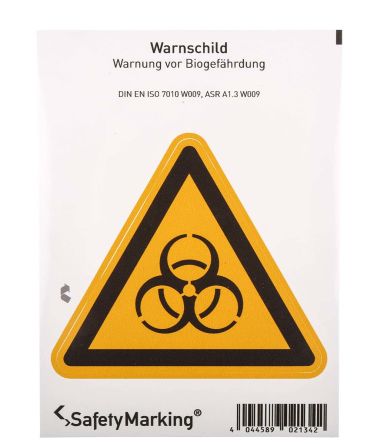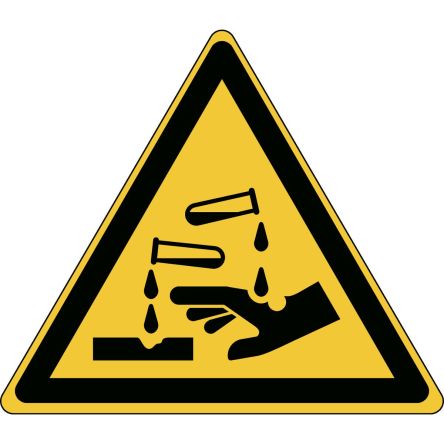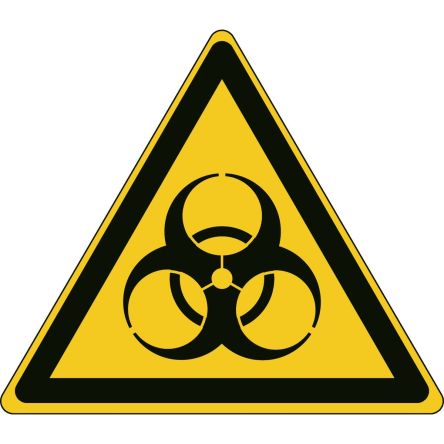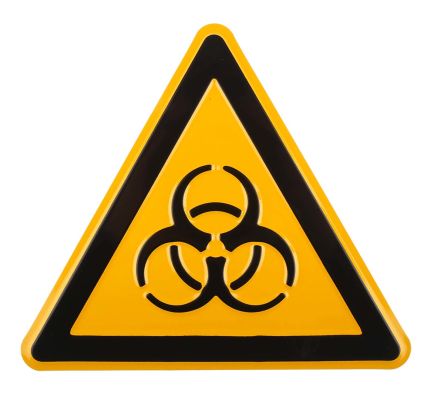- Automation & Control Gear
- Cables & Wires
- Enclosures & Server Racks
- Fuses & Circuit Breakers
- HVAC, Fans & Thermal Management
- Lighting
- Relays & Signal Conditioning
- Switches
- Batteries & Chargers
- Connectors
- Displays & Optoelectronics
- ESD Control, Cleanroom & PCB Prototyping
- Passive Components
- Power Supplies & Transformers
- Raspberry Pi, Arduino, ROCK, STEM Education & Development Tools
- Semiconductors
Warning Signs
In accordance with the The Health and Safety (Safety Signs and Signals) Regulations 1996, it is a legal requirement that all UK businesses display and maintain safety signs where there is a potential risk that cannot be otherwise removed or controlled. Warning signs are used to warn workers and the public alike about potential dangers, such as hazardous materials, environments and locations.
Most warning signs that we recognise come in one of two colour combinations: yellow/amber with black text and images, or red with white text and images. These combinations are used to ensure the signs are eye-catching, providing stark contrasts to ensure that they remain noticeable and readable, even for persons with visual impairments to a certain extent. In either case, the sign must be over 50& amber or red so that the sign is noticeable among its surroundings, providing clarity about the hazardous aspect of the surrounding environment.
What type of warning signs are there?
Warning signs are used to highlight and bring awareness to hazards or potential health and safety risks in a given area. Yellow signs, like traffic lights, depict a warning and urge readers to take appropriate precautions. These signs are triangular in shape and can be warnings against; high voltage and other electrical hazards, chemical hazards, flammable hazards, construction signs, overhead obstacles, explosive hazards or biohazards.
Red warning signs usually indicate a prohibitory order, either bringing awareness to an already-present hazard or one that may arise following certain behaviours. These prohibitory signs typically have a white background, a black and white pictogram, and clear, thick red line crossing through the image. They also feature a red text box with white text in order to draw the reader's eye. These signs can include: no smoking, no entry, no mobile phones permitted, or authorised personnel only.




